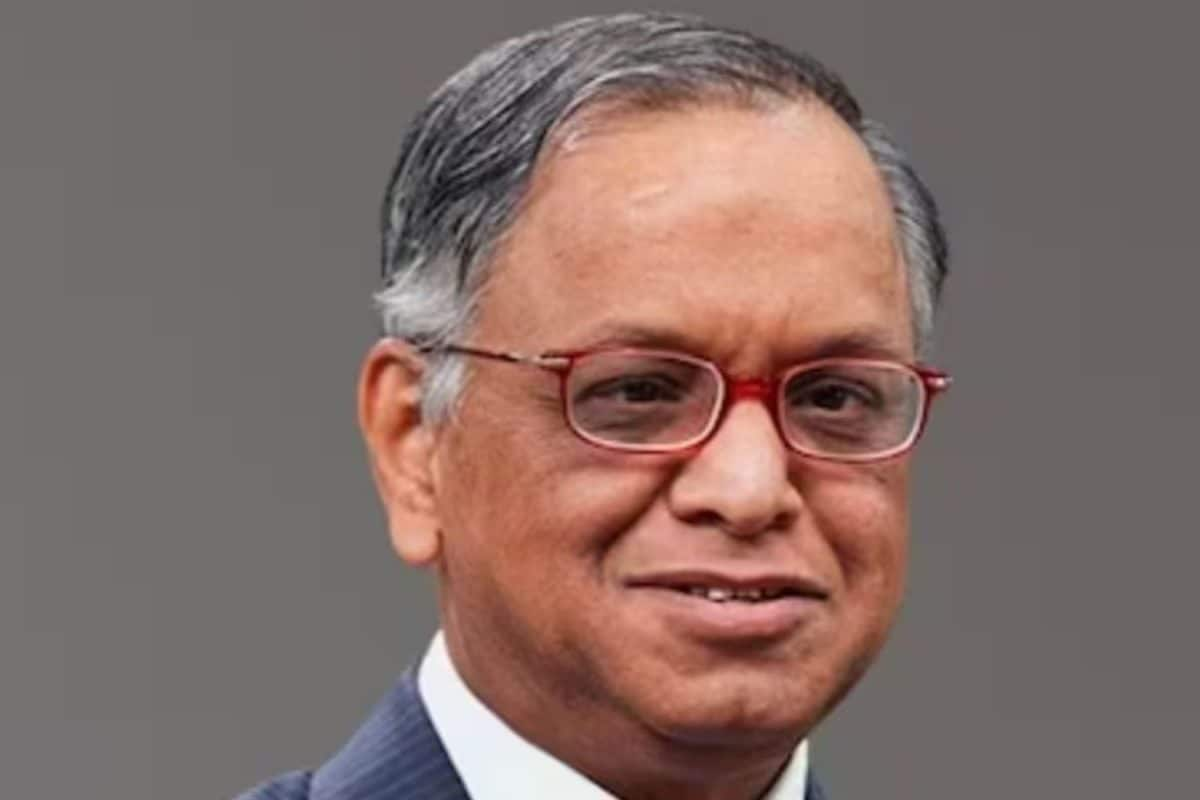

Infosys is sending mixed signals regarding work hours, with the company's founder, Narayana Murthy, advocating for a 70-hour work week while the IT giant itself cautions employees against excessive overtime. Infosys has begun a campaign to promote work-life balance, especially for those working remotely.
Murthy's initial statement in October 2023 suggesting that young Indians should work 70 hours a week to boost the country's productivity sparked considerable debate. He later clarified that his suggestion was a personal view and not meant to be forced on anyone. Murthy shared his own experience of working long hours, often arriving at the office by 6:20 am and leaving around 8:30 pm for over 40 years. However, he emphasized that individuals should decide their work-life balance based on their own preferences.
Despite Murthy's personal work ethic, Infosys is actively discouraging employees from working extended hours. The company's human resources department monitors remote working hours monthly and sends personalized emails to employees who exceed the prescribed 9.15 hours a day for five days a week. These emails highlight potential health concerns and stress the importance of maintaining a healthy work-life balance. The company's emails include details about remote working days, total hours worked, and daily average hours, along with reminders to take care of their health.
This initiative was implemented following the introduction of hybrid working arrangements at Infosys, which requires employees to be present in the office for a minimum of 10 days a month since November 20, 2023. The company advises employees to take regular breaks, raise concerns if overwhelmed, delegate when needed, and disconnect from work after hours to recharge.
The contrasting messages from the company's founder and its HR policies have raised questions about the expectations placed on employees. While Murthy believes that a strong work ethic is essential for India to compete globally, Infosys seems to recognize the importance of preventing employee burnout and promoting overall well-being.
Some argue that emphasizing work-life balance benefits both personal well-being and professional success in the long term. Others highlight the potential for exploitation if employees are expected to work long hours without additional compensation.
Infosys's approach to monitoring work hours also extends to its operations in other countries, such as Japan, where it uses tools like Time Champ to ensure compliance with local overtime laws and prevent overwork. This system provides real-time alerts to managers, enabling them to adjust workloads and maintain a healthy work environment.
Ultimately, the debate over work hours highlights the need for companies to find a balance between productivity and employee well-being. While some individuals may thrive on long hours and intense dedication, it is crucial to ensure that such expectations do not become the norm and that employees are supported in maintaining a sustainable and healthy work-life balance.